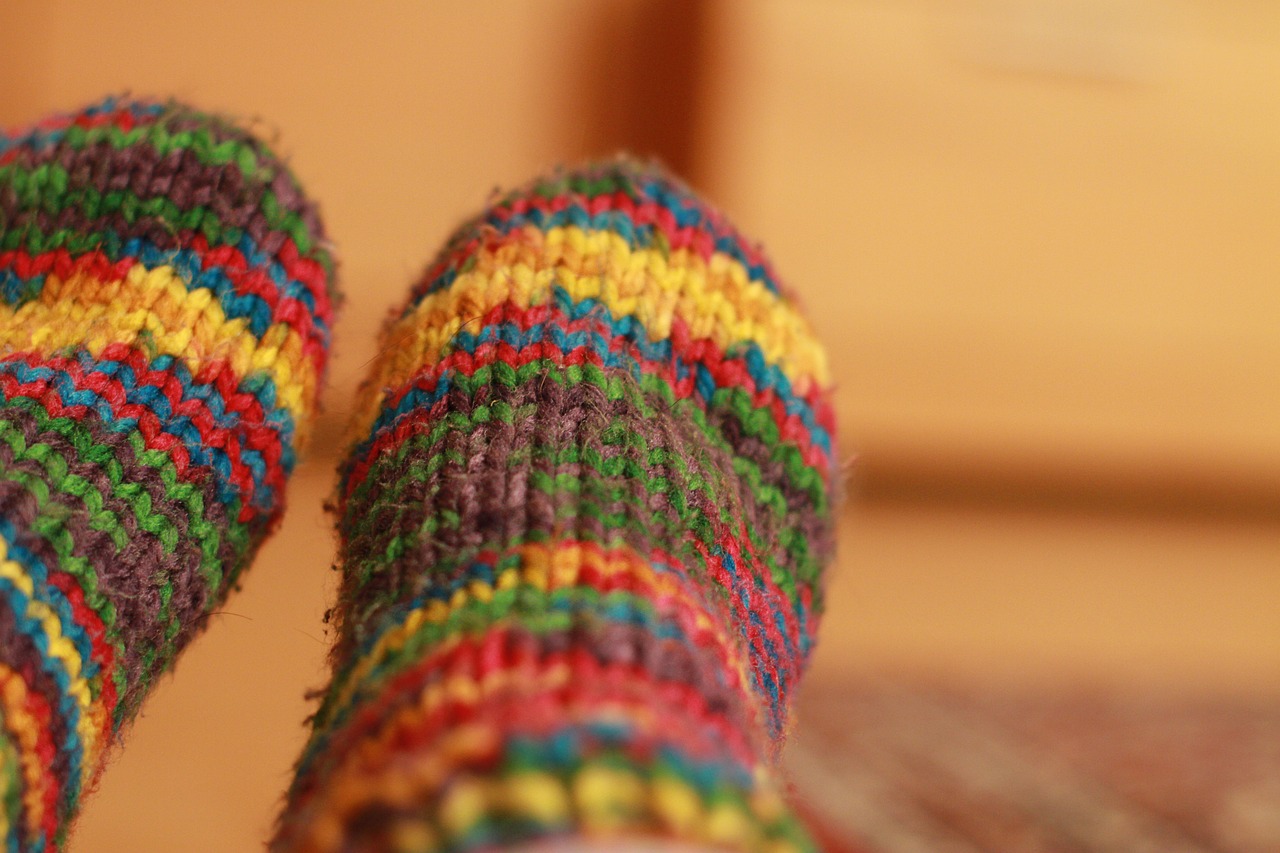The Pros and Cons of Sleeping with Socks On
Sleeping with socks on is a subject that often divides people. Some swear by the comfort and warmth they provide, while others find it suffocating and unpleasant. In reality, the choice to don socks while sleeping has both advantages and disadvantages, and its appropriateness depends largely on individual preferences and health considerations. In this article, we will explore the pros and cons of sleeping with socks on.
The Pros:
1. Warmth and Comfort: One of the most commonly cited advantages of wearing socks to bed is the warmth and comfort they provide. When the temperature drops, wearing socks can help keep your feet warm, which can improve circulation and help you fall asleep faster.
2. Improved Sleep Quality: Research suggests that warm feet can help you sleep better. When your extremities are cold, your body may divert blood flow away from your extremities to conserve heat. This can lead to discomfort and restless sleep. By wearing socks, you can maintain a comfortable temperature throughout the night, potentially leading to a more restful sleep.
3. Relief for Cold Extremities: People with poor circulation or conditions like Raynaud’s disease often suffer from cold extremities. Sleeping with socks can offer relief by maintaining a consistent temperature, reducing the discomfort caused by cold feet or hands.
4. Prevent Night Sweats: If you’re prone to night sweats or hot flashes, wearing socks can help you regulate your body temperature more effectively. Thin, breathable socks can wick away moisture, helping you stay cool and dry.
5. Better for Health: Some studies have suggested that wearing socks to bed may help improve your immune system. When your feet are warm, your blood vessels may dilate, allowing white blood cells to reach infections more quickly.
The Cons:
1. Overheating: Perhaps the most significant drawback of sleeping with socks on is the potential for overheating. If you are already in a warm environment, wearing socks can make you feel uncomfortably hot, leading to disrupted sleep and night sweats.
2. Fungal Infections: When your feet are encased in socks for extended periods, they may become more prone to fungal infections, such as athlete’s foot. The warmth and moisture can create a favorable environment for fungi to thrive, so you should be cautious if you choose to sleep with socks on regularly.
3. Restless Leg Syndrome: Some individuals may find that wearing socks while sleeping exacerbates Restless Leg Syndrome (RLS). RLS is a condition characterized by an irresistible urge to move the legs, often accompanied by uncomfortable sensations. The added pressure of socks on the legs can make these symptoms worse.
4. Circulation Issues: While wearing socks can improve circulation for some people, it may have the opposite effect on others. If you have certain medical conditions that affect blood circulation, such as diabetes, wearing tight or restrictive socks to bed may not be advisable.
5. Skin Irritation: Certain materials and tightness levels in socks can lead to skin irritation. If you have sensitive skin, you should be cautious about the type of socks you choose for sleeping.
In conclusion, whether you should sleep with socks on or not depends on your personal comfort, the climate you live in, and any specific health concerns. The pros of warmth, comfort, and improved sleep quality can be significant benefits for many, while the cons, such as overheating, the risk of fungal infections, and discomfort, may outweigh the advantages for others. If you’re considering sleeping with socks on, choose breathable, comfortable socks, and be mindful of how your body responds to this change in your nighttime routine. Ultimately, the choice is yours, and there is no one-size-fits-all answer to this age-old question.






